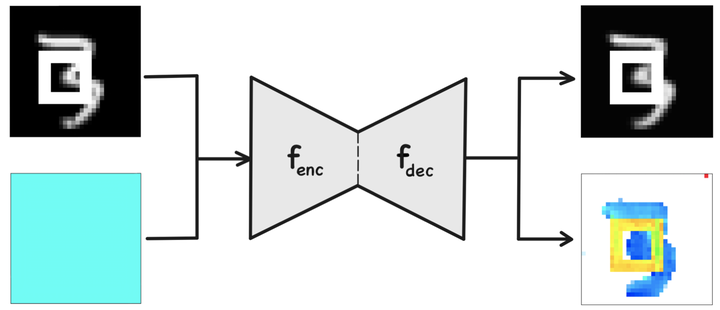
Abstract
Object-centric representations form the basis of human perception, and enable us to reason about the world and to systematically generalize to new settings. Currently, most works on unsupervised object discovery focus on slot-based approaches, which explicitly separate the latent representations of individual objects. While the result is easily interpretable, it usually requires the design of involved architectures. In contrast to this, we propose a comparatively simple approach - the Complex AutoEncoder (CAE) - that creates distributed object-centric representations. Following a coding scheme theorized to underlie object representations in biological neurons, its complex-valued activations represent two messages: their magnitudes express the presence of a feature, while the relative phase differences between neurons express which features should be bound together to create joint object representations. In contrast to previous approaches using complex-valued activations for object discovery, we present a fully unsupervised approach that is trained end-to-end - resulting in significant improvements in performance and efficiency. Further, we show that the CAE achieves competitive or better unsupervised object discovery performance on simple multi-object datasets compared to a state-of-the-art slot-based approach while being up to 100 times faster to train.